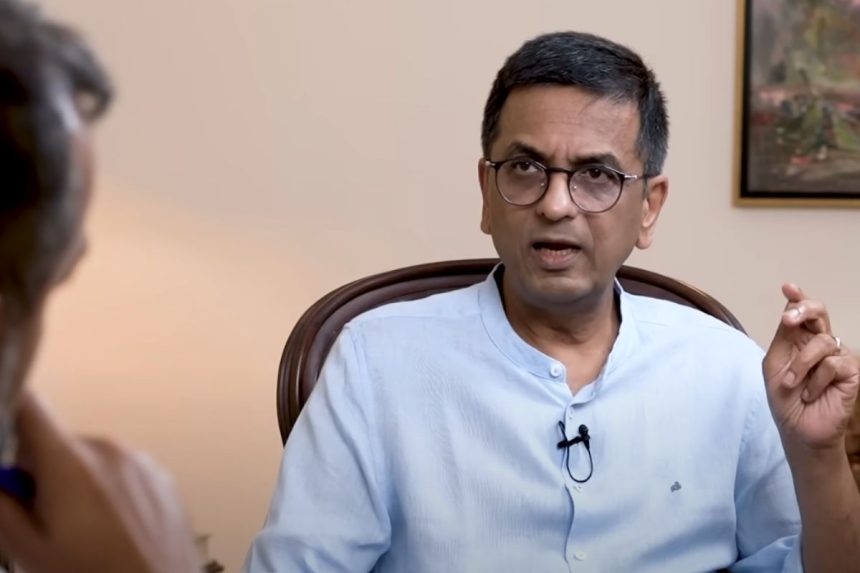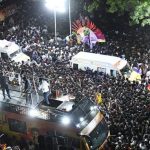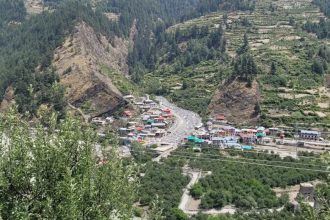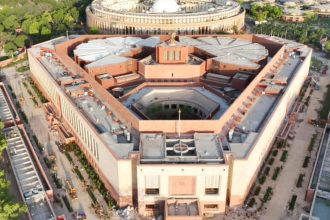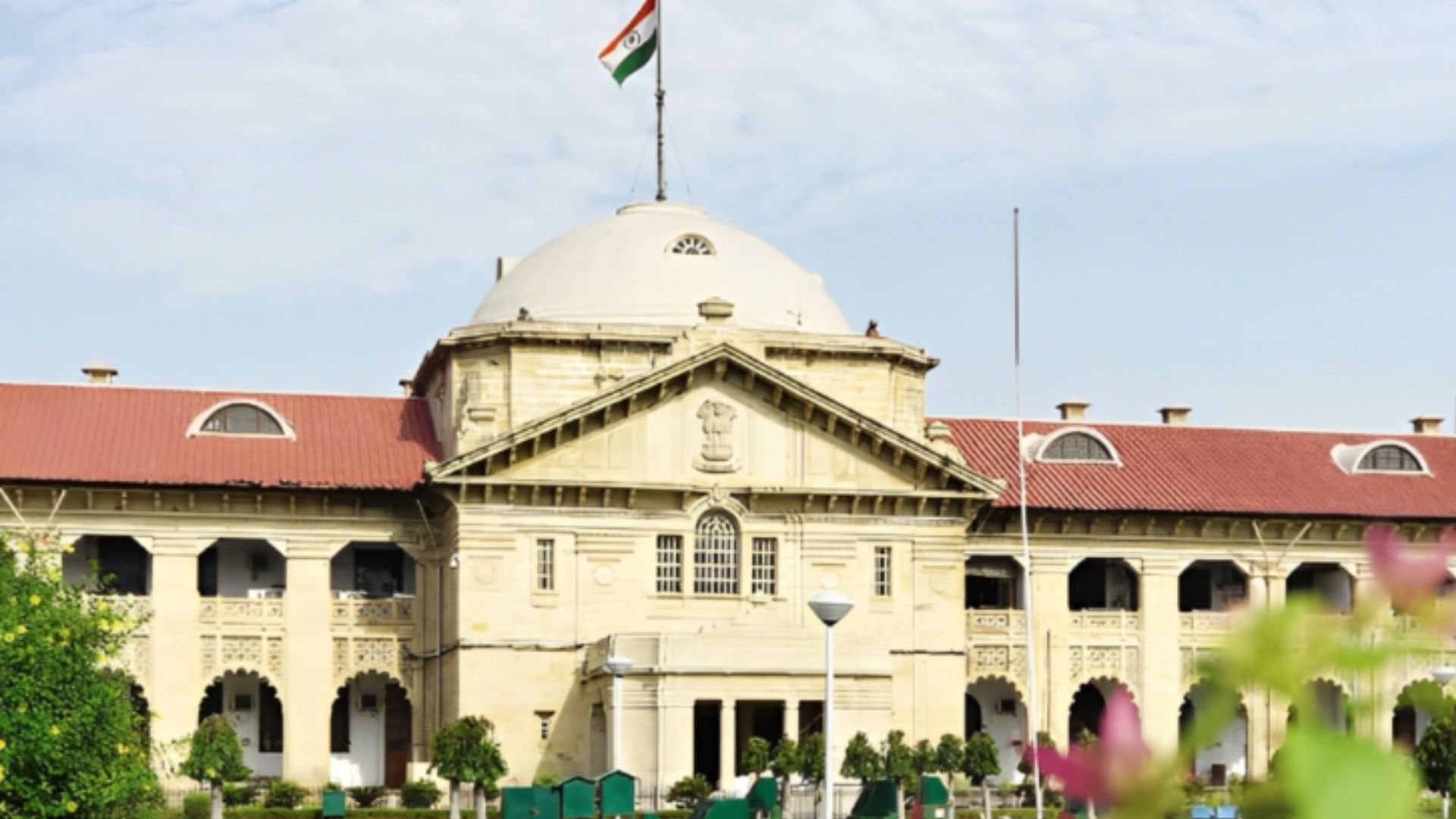Two recent interviews of former CJI DY Chandrachud have attracted more attention than his book , he has been promoting. The interviews have exposed him in a light, he would not like. Though the story may be more complicated than obvious.
Justice chandrachud’s term as the chief justice of the Supreme Court has been recognized as one of the biggest let downs in judicial history.
Hailed as a great legal scholar and believer in liberal values, his term showed that his words found utterance only in lectures and symposia, and not his judgments.
His personal life, of demonstrable simplicity and family comprising of two adopted daughters, with physical challenges, were cited, as raising hope of a judge who would restore the reputation of the Supreme Court, strained by the conduct of his recent predecessors.
Though some were skeptical, owing to his lineage from the Maratha aristocracy, naturally aligned to the hindutva ideology and his father’s forgettable term as the chief justice. He after his retirement has written a book on why the constitution matters.
His interviews with Rajdeep Sardesai, and more importantly Sreenivasan Jain have created greater controversy. His claim that the erection of Babri masjid was a desecration of a temple, and it ought to have been considered during the judgment, has been criticized as being deeply prejudiced and without any evidence.
When challenged that the judgment explicitly states the lack of any evidence of any destruction of temple, and that even the underlying structure was found to be much older and inconclusive in identity, he said that many facts could not be incorporated in judgments.
This is against principles of justice and conduct of judicial proceedings. It also amounts to an admission to the apprehension that the Ayodhya judgment was based on factors external to the facts and merits of the case, and was politically motivated.
The statement also exposed him as someone wearing a pretense of liberal and constitutional values, while holding bigoted and parochial beliefs.
His judgment in the gyanvapi case is also reflective of similar prejudice. Instead of enforcing the spirit of the places of worship Act, he invented the mischievous doctrine of curiosity.
His choice of interviewers is also surprising. Why did he choose two avowedly secular journalists for his interviews. Did he choose to be identified as being closer to the RSS ideology. Does he still hold future career ambitions.
Read More: Bareily violence: mischief prolonged or a political ploy


